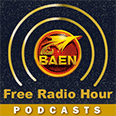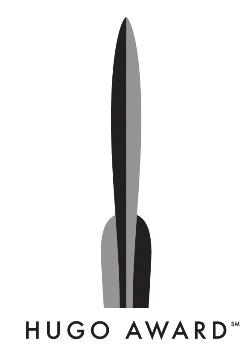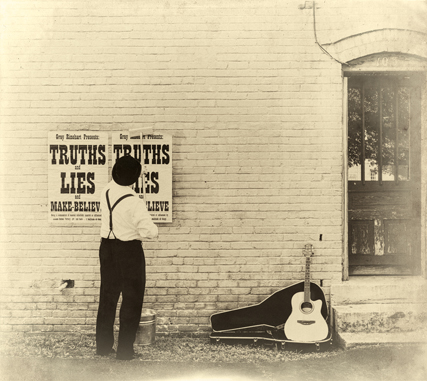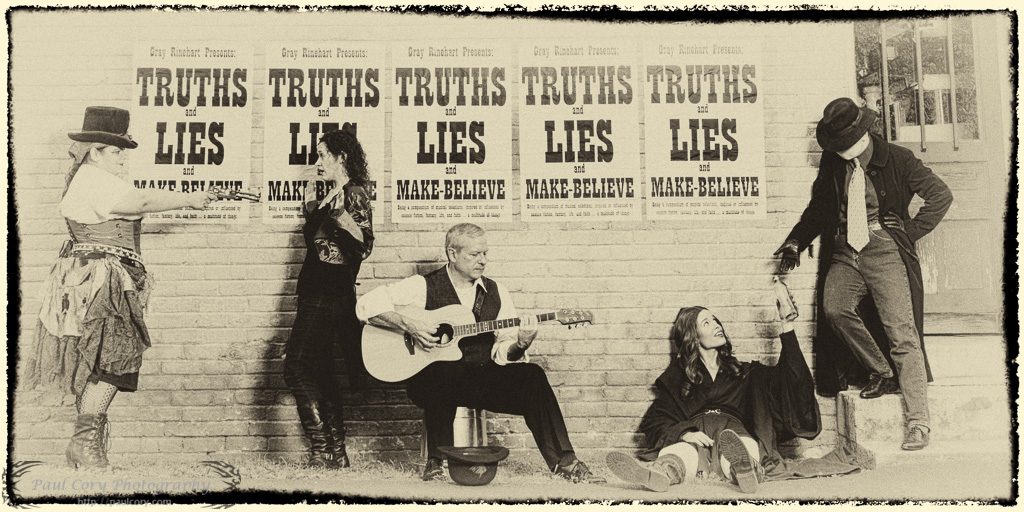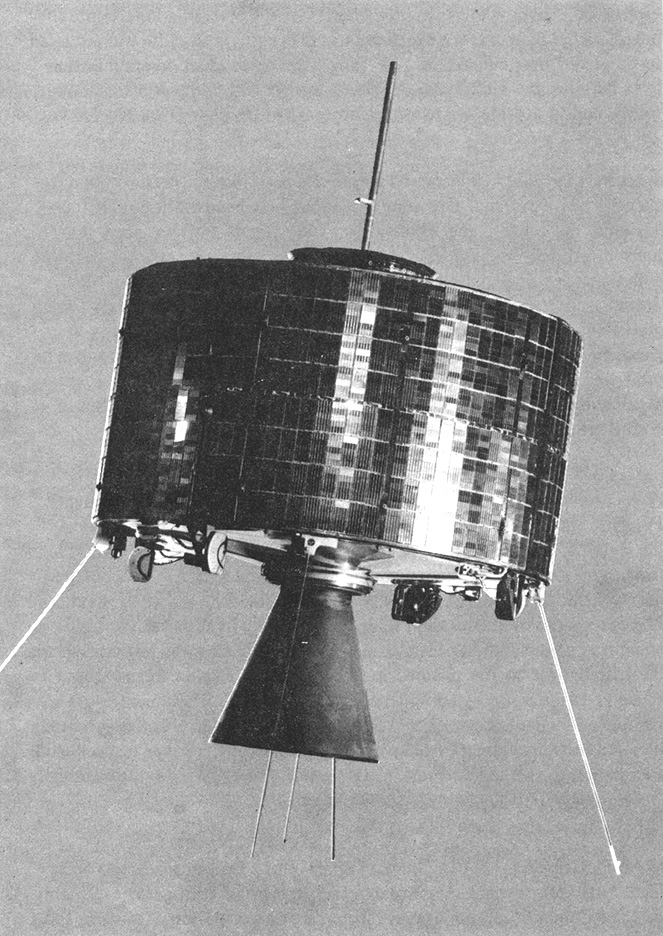A few days ago, when I posted a reminder about nominating and voting for the Hugo Awards,* a friend asked if my album was eligible in the “Best Related Work” category.
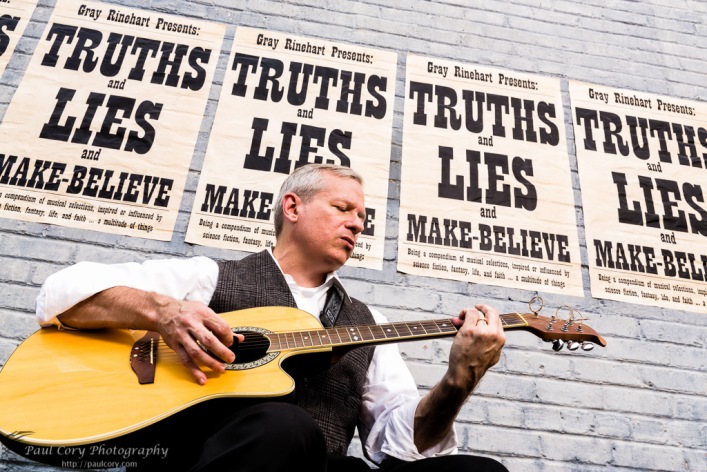
(Image by Paul Cory Photography.)
The answer, I’m afraid, is no.
At first glance it seemed as if Truths and Lies and Make-Believe (or one of the songs) might be eligible, since most of the songs on the album are science fiction or fantasy-related. The World Science Fiction Society constitution defines “Best Related Work” as
Any work related to the field of science fiction, fantasy, or fandom, appearing for the first time during the previous calendar year or which has been substantially modified during the previous calendar year, and which is either non-fiction or, if fictional, is noteworthy primarily for aspects other than the fictional text, and which is not eligible in any other category.
“Any work related to the field” might seem to include music, but I don’t usually think of music as “non-fiction” or “fictional.” So I looked around some more and found that over at the Hugo Awards site, the category description adds this:
The type of works eligible include, but are not limited to, collections of art, works of literary criticism, books about the making of a film or TV series, biographies and so on, provided that they do not qualify for another category.
By “collections of art,” they seem to mean printed volumes of visual art — collections of music or other arts apparently need not apply. There is that magic “not limited to” phrase, though, and the award is no longer limited to printed books, having gone last year to the Writing Excuses podcast that some of my friends put together. The Wikipedia entry explains the history.
The award was originally titled the Hugo Award for Best Non-Fiction Book and was first awarded in 1980. In 1999 the Award was retitled to the Hugo Award for Best Related Book, and eligibility was officially expanded to fiction works that were primarily noteworthy for reasons besides their fictional aspects. In 2010, the title of the award was again changed, to the Hugo Award for Best Related Work.
Looking over the list of nominees and winners, it appears that science fiction and fantasy music — known in the community as “filk” — has never been considered as a “related work” for the purpose of the award. Which makes me wonder what would happen if enough fans put in nominations for music, since the Hugos are fan-based awards; since the award is no longer limited to printed works, would the Hugo committee honor those nominations, or would they disqualify them? Unfortunately, I don’t have enough fans to test that hypothesis in the manner of Larry Correia’s Sad Puppies Campaign.
So, strictly speaking, neither my album nor my songs would be considered “related works.” But if you decide to write in one of my songs anyway, let me know!
___
*Want to Nominate and Vote for the Hugo Awards?




